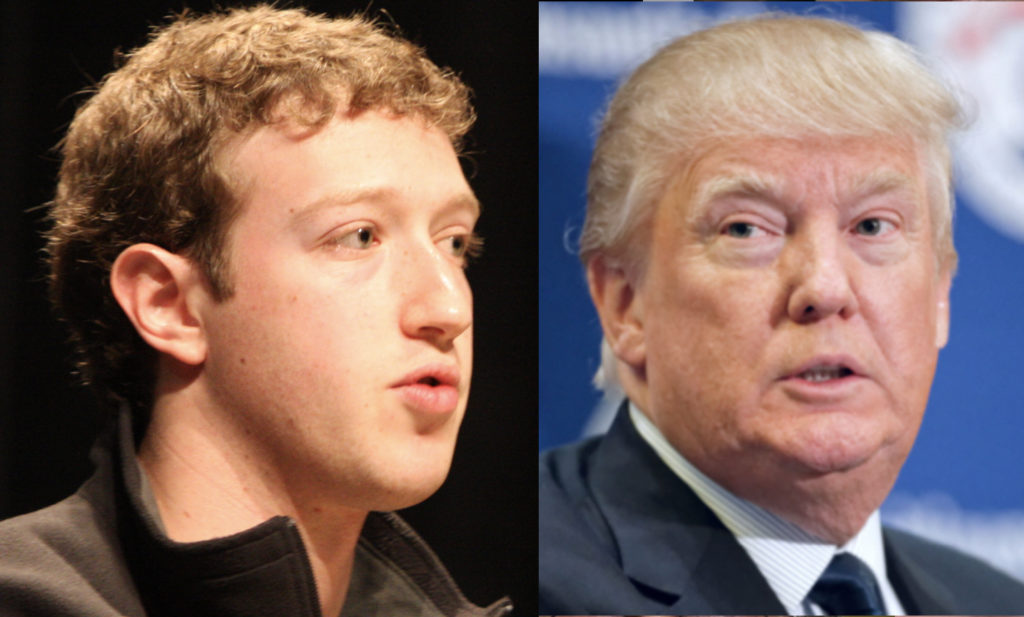Facebook’s Mark Zuckerberg met with Donald Trump campaign during election

Facebook has found itself in a load of trouble this month, amid new revelations that it sold political advertising to fake Russian accounts during the election, and that its employees visited Trump’s campaign offices to help out with the campaign’s advertising efforts. That leaves Facebook founder Mark Zuckerberg with some explaining to do, particularly considering that he personally met with a Donald Trump campaign adviser during the election.
Back in May of 2016, as the general election was getting underway, Zuckerberg met with Trump campaign adviser Barry Bennett and some other conservative political leaders. The meeting took place in the open; CNN and other news outlets reported on it at the time (link). The official story at the time was that the meeting was to smooth over claims that Facebook had been suppressing conservative-slanted political news. But in light of what we’re now learning, the meeting takes on an entirely different context.
The real story has turned out to be that, rather than suppressing conservative real-news articles, Facebook spent the general election allowing conservative and pro-Trump fake news articles to proliferate across its network. Much of this fake news is now known to have come from Russia. Facebook then went on to let Russia buy advertising which benefited Donald Trump. And as the Trump campaign has since admitted to the BBC, Facebook sent its employees to the Trump campaign to help with its online advertising campaign (link). So what does this all add up to?
None of this proves that Facebook and Mark Zuckerberg were purposely allowing the election to be rigged for their own profit. Facebook’s ad buys are handled by computer algorithms, and the Russian ad buy may have amounted to simple computerized incompetence. Nor is there any known evidence that Trump adviser Barry Bennett was personally involved in the Trump-Russia scandal. But Zuckerberg’s meeting with the Trump campaign during the election, about conservative news articles on Facebook, amid how things ended up playing out, raises eyebrows.
